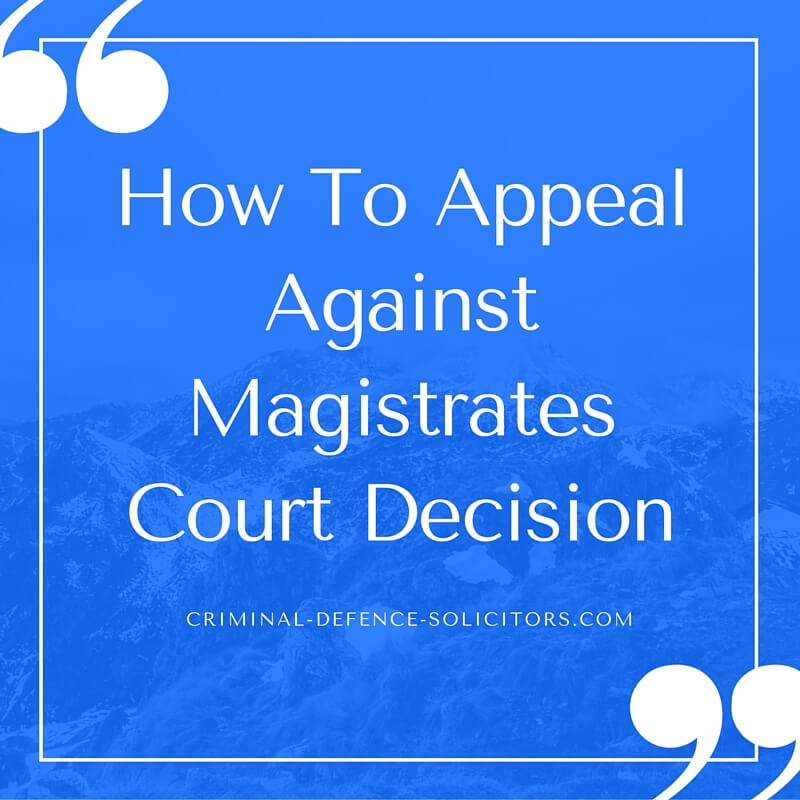
Hate Crime Prosecutions At All Time High
The Crown Prosecution Service have released their eighth Hate Crime Report and the results are clear. Hate crimes are being prosecuted at a higher level than ever before, with a 4.8% increase from the year before.
In particular, the report shows a 41% increase in hate crimes relating to disabilities, with high conviction rates for those charges with homophobia and transphobic offences.
Racially and religiously aggravated hate crimes remain the biggest form of hate crimes prosecuted, making up 84% of all hate crimes prosecuted.
The prosecution have a very high success rate in securing convictions when charging hate crimes, with 83% of all hate crimes prosecuted resulting in a conviction. Around 15,000 hate crimes are prosecuted by the Crown Prosecution Service each year.
The numbers of homophobic and transphobic prosecutions are increasing and this trend is likely to continue as awareness of these issues improves. Levels of disability hate crime have also increased dramatically, with a 40% increase from 2014/2015 to 2015/2016.
Prosecutions of hate crimes against older people also continue to increase, although on a smaller scale, while the cases resulting in conviction actually fell. It is worth noting that a bespoke National Scrutiny Panel on crimes against older people will be established in 2016/2017 to assist the CPS in these cases, and the focus and training in this area could result in an increase of prosecutions and convictions.
Hate crimes are accepted by the National Police Chiefs’ Council (NPCC) and the CPS as being:
“any criminal offence which is perceived by the victim or any other person, to be motivated by a hostility or prejudice based on a person’s race or perceived race; religion or perceived religion; sexual orientation or perceived sexual orientation; disability or perceived disability and any crime motivated by a hostility or prejudice against a person who is transgender or perceived to be transgender.”
Although described as hate crime, the definition shows that the key words are actually hostility and prejudice. There is no need to prove hatred as the motivating factor behind an offence.
If you or a loved one are being investigated for a hate crime, it is important that you seek expert legal advice without delay. Call our dedicated team now on 01623 397200.


